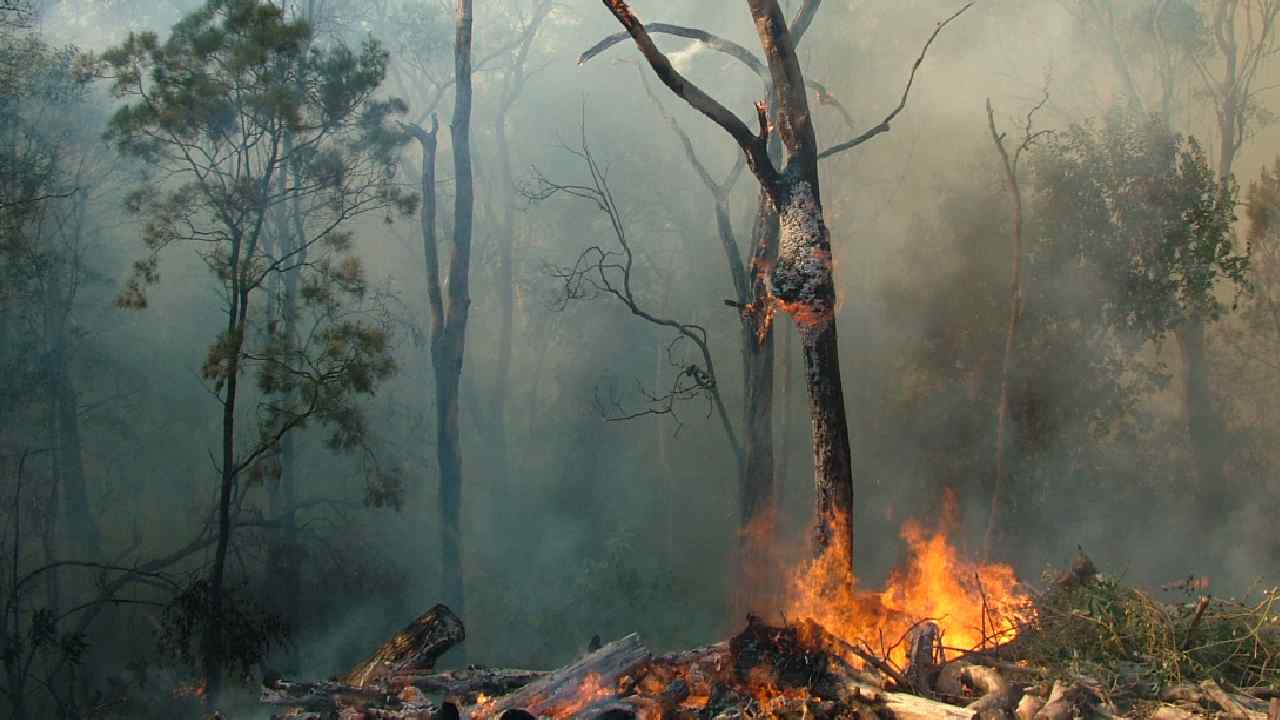A new multi-institutional report from the World Meteorological Organization (WMO) highlights the great distance between aspirations and climate reality and warns that, if “much more ambitious” measures are not adopted, the “physical and socioeconomic” consequences of climate change “will be increasingly more devastating.”
The study entitled “Uniting in Science” highlights that greenhouse gas concentrations continue to grow and reach new highs. The temporary decline in fossil fuel emission rates that occurred during the COVID-19 lockdowns was a mirage, as they currently exceed pre-pandemic levels.
It also indicates that the ambition needed to meet emission reduction commitments by 2030 must be seven times higher to meet the goal of limiting global warming to 1.5°C set in the Paris Agreement.
It adds that the last seven years have been the warmest on record and that the probability that the average annual temperature is temporarily 1.5°C higher than the average corresponding to the period 1850-1900, at least one of the next five years, it is 48%.
Meanwhile, cities, which are home to billions of people and cause up to 70% of man-made emissions, will face increasing socio-economic repercussions. The most vulnerable populations will suffer the most, says the report, which gives examples of extreme weather events in different parts of the world this year.
Floods, droughts, heat waves, extreme storms and forest fires are going from bad to worse, breaking records with an increasingly alarming frequency,” said António Guterres in a video message at the launch of the report.
António Guterres stressed that the magnitude of recent phenomena such as the heat waves in Europe, the floods in Pakistan or the prolonged droughts in China, the Horn of Africa and the United States, “have nothing natural” and that they represent ” the price that You have to pay for humanity’s addiction to fossil fuels.”
For this reason, he warned that the impacts generated by climate change “are entering an “unknown territory of destruction” and that, despite this situation, “every year we insist on redoubling this addiction to fossil fuels, while the symptoms are rapidly worsening”.
“Climate research increasingly shows that many of the extreme weather events we are experiencing have become more likely and more intense due to climate change caused by human activities,” said the secretary-general of the World Meteorological Organization.
“Climate science is increasingly able to show that many of the extreme weather events that we are experiencing have become more likely and more intense due to human-induced climate change,” said WMO Secretary-General Petteri Taalas.
“We have seen this repeatedly this year, with tragic effect. It is more important than ever that we scale up action on early warning systems to build resilience to current and future climate risks in vulnerable communities”.




























